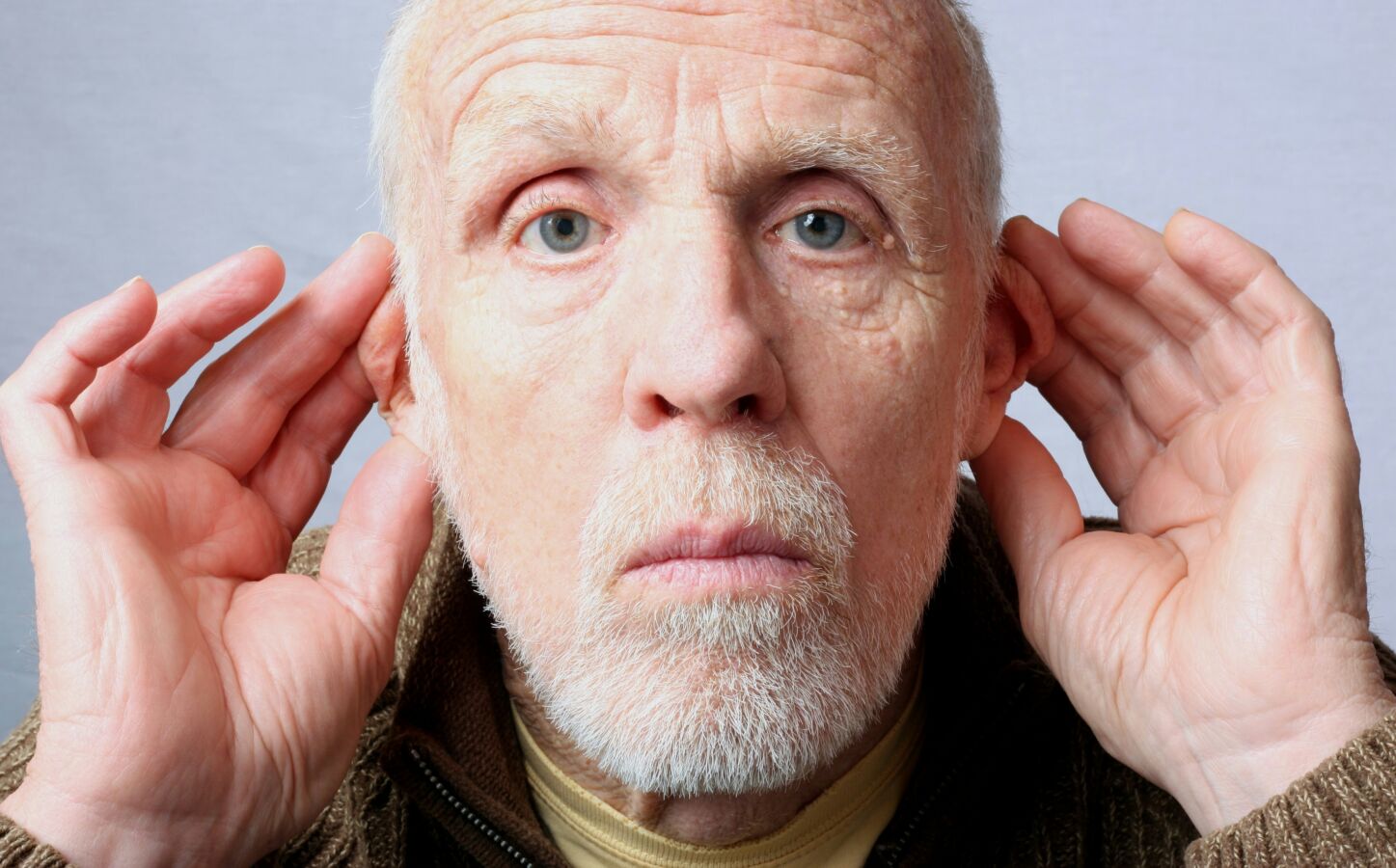If you’ve started noticing buzzing in the ears and it won’t quite go away, you’re not alone. For some, it sounds like a low hum. For others, it feels more like a soft vibration in the head that grows louder in quiet rooms. However you describe it, this internal sound can distract you from work, keep you awake at night, and make you worry about what it means. The good news is that most cases are not dangerous, and with the right steps you can understand what’s driving the noise and reduce how much it bothers you.
Quick Action Plan
Short answer: rule out ear problems, note your patterns, then tune your routine.
- Get checked: see your doctor or ENT to rule out blockage, infection, high blood pressure, and red flags.
- Keep notes: write when and where it appears, what you ate or did, and how loud it feels (0–10).
- Make changes: improve sleep and posture, reduce caffeine, add daily neck stretches and short relaxation.
Authoritative sources for background reading: Mayo Clinic; NIDCD (NIH).
What does “buzzing” actually feel like?
Short answer: a low, steady hum or vibration coming from inside, not from the room around you.
People use different words for the same internal sound: a buzzing sound in the ears, a soft humming in the ears, an engine idling far away, or even a mild electric drone. The tone can be constant or come and go. It may sit in one ear, jump between ears, or feel centered in your head. The brain is interpreting internal signals, so the label matters less than the pattern: when it starts, what makes it louder, what helps it fade.
Why is my ear buzzing?
Short answer: common short-term drivers are earwax, loud sound exposure, pressure changes, muscle tension, and stress.
It’s a very common question: Why is my ear buzzing? Sometimes there’s a simple reason. Earwax pressing on the eardrum can create odd internal sounds. A loud concert or long headphone session can fatigue your hearing pathways for a day or two. Rapid changes in blood pressure or a tense jaw can do it too. When the buzzing is one-sided, sudden, or paired with dizziness or hearing loss, book a medical visit. Otherwise, track it for a week and see what patterns appear.
What causes buzzing in the ears?
Short answer: hearing changes, blood-flow patterns, neck/posture issues, stress, and some medications.
The phrase “buzzing in the ears causes” covers a lot. Hearing system factors include age-related changes, past noise exposure, and inner-ear fluid shifts. Circulation matters too: rising blood pressure, anemia, or local turbulence in vessels near the ear can create low-frequency sensations. Neck and posture play a big role, especially for desk workers; tension and nerve irritation in the cervical spine can feed into the way your brain processes sound. Stress, fatigue, and certain drugs add to this mix by making your nervous system more alert to internal signals.
Buzzing in the head vs buzzing in the ears: what’s the difference?
Short answer: the mechanism can overlap; the “location” is often how your brain maps the same signal.
Some people say they have buzzing in the head. Others report head buzzing as a diffuse hum that seems to sit behind the eyes or across the skull. In contrast, ear-centered buzzing feels local and easier to point to. In practice, the causes overlap: neck tension, nerve sensitivity, blood-flow changes, stress, or hearing fatigue. Your job is to spot which triggers match your life, then test simple changes for two to four weeks.
Noise in the head vs noise in the ears
Short answer: head-centered noise often rises with stress or circulation; ear-centered noise often tracks with hearing pathways.
When people notice noise in the head, pressure, hydration, and stress are frequent clues. Noise in the ears often shows up after loud environments or when you sit in complete silence at night. Either way, if it becomes one-sided, pulsing, or suddenly intense, get checked.
Is buzzing in the ears always tinnitus?
Short answer: often yes, but tinnitus comes in many tones—ringing, whooshing, pulsing, and buzzing.
Tinnitus is a general term for hearing a sound that doesn’t come from the outside world. Tinnitus buzzing is one flavor among many. The common contrast—ringing vs buzzing in the ears—comes down to pitch: ringing tends to be high, buzzing tends to be low. Both are real experiences and often respond to the same management steps: reduce triggers, improve sleep and stress control, and, when needed, use sound therapy and counseling to shift how the brain handles the signal.
Why do I hear buzzing or noise in complete silence?
Short answer: in quiet rooms, your auditory system turns up sensitivity, so internal signals stand out.
It’s very common to notice buzzing in the head in complete silence or noise in the head in complete silence. Quiet rooms remove external sounds that would normally mask your internal signal. A small bedside fan, soft white noise, or gentle nature sounds can help you fall asleep and wake up calmer. Think of it as helping your brain refocus—not hiding a problem.
Core causes to check first
Short answer: look at neck/posture, circulation, stress load, and recent sound exposure.
Because causes overlap, start with simple buckets and test changes for each one. The goal isn’t to label yourself; it’s to find the 20% of actions that give you 80% of relief.
Neurological and neck-related factors
Short answer: tense neck and shoulders can irritate nerves and alter how you perceive internal sound.
Screens pull your head forward. Long drives lock your shoulders. Over time, cervical muscles tighten and the joints get irritable. That tension can change blood flow and nerve signaling, showing up as buzzing in the head or ear-centered hum. Daily micro-breaks help: every 45–60 minutes, roll your shoulders, retract your chin gently, and stretch your upper back. Many people notice that the hum recedes as the neck calms down.

Circulatory and blood pressure issues
Short answer: pulsing or whooshing that syncs with your heartbeat points to blood-flow patterns.
If you notice a pulsing sound in the head or a whooshing sound in the ear, talk to your doctor—especially if the sound is one-sided. Managing blood pressure, anemia, vascular tension, hydration, and exercise can reduce the signal. A simple daily walk alters stress hormones and improves circulation, which often quiets the hum over several weeks.
Stress and lifestyle triggers
Short answer: stress doesn’t create the sound by itself; it turns up your awareness of it.
When you’re wired and tired, your nervous system scans for signals. That’s why the hum feels louder on hard days and softer on calm evenings. Caffeine, alcohol, poor sleep, and long screen time push in the wrong direction. The fix isn’t heroic. It’s small, repeatable steps: fifteen minutes of outdoor light in the morning, a hard cutoff for coffee after lunch, a ten-minute wind-down before bed, and two five-minute stretch breaks during the workday.
My personal experience with buzzing in the head
One morning, I woke up and noticed a strange sound in my left ear. At first, I thought it was coming from outside, but when I listened carefully, I realized the noise was inside my own head. Like many people, I went online searching for answers and read that earwax could sometimes cause such sounds. I tried several ear drops and rinses, but nothing changed.
Then I visited an ENT specialist. It turned out I did have earwax buildup pressing on the eardrum, and that was creating the buzzing. After the doctor cleaned my ears, the sound disappeared—completely. I thought the problem was solved for good.
But a couple of years later, the same kind of buzzing returned. Naturally, I assumed it was earwax again and repeated the same cleaning routine at home—softening drops and rinses—yet it didn’t help this time. When I went back to the ENT, both ears were clear. My hearing was fine, and the doctor confirmed that the sound was not coming from my ears at all.
Later, I learned that my issue was related to the neck—specifically, unstable cervical vertebrae pressing on nearby nerves. That pressure was creating the internal buzzing, which felt more like a low hum than a high-pitched noise. The good news? It eventually went away on its own. Around that time, I went on a seaside trip, and I noticed the buzzing had completely stopped. Maybe it was the change in air pressure during the flight, maybe the rest and relaxation—I can’t say for sure. But one thing I’ve learned is that this condition is not as scary as it feels at first. It often improves naturally once you identify what’s causing it and give your body a chance to recover.
When should I see a doctor?
Short answer: if it’s one-sided, pulsing with your heartbeat, sudden with other symptoms, or persistent and intrusive.
- One-sided or sudden onset
- Matches your heartbeat or changes with posture
- Comes with dizziness, headache, or vision changes
- Interferes with sleep, mood, or daily function
Your doctor may check hearing, blood pressure, and neck tension, and order tests if needed. Often, reassurance plus a simple plan lowers stress and the sound fades.
How do I reduce buzzing naturally?
Short answer: improve sleep, calm your nervous system, move your body, and soften neck tension.
Relaxation and breathing
Short, repeatable calming routines work best. Try box breathing (inhale 4, hold 4, exhale 4, hold 4) for two minutes. A ten-minute evening body scan helps your brain downshift. As the body relaxes, the internal hum often drops into the background.

Sleep and daily rhythm
Great sleep is the best tinnitus coach. Keep a steady schedule, dim lights an hour before bed, step away from bright screens, and use soft background audio if silence makes buzzing feel louder. Reduce caffeine after noon and save alcohol for early evening, if at all.
Gentle movement and posture
Walk most days. Break up long sitting. Do two five-minute stretch sessions: neck retractions, shoulder rolls, thoracic extensions on a chair back. Many notice a quiet but steady improvement over two to four weeks.
Which medical treatments can help?
Short answer: sound therapy, CBT-based support, treating blood-pressure issues, and targeted neck care.
When lifestyle steps aren’t enough, consider clinical tools. Sound therapy adds an external signal that helps your brain recalibrate. Counseling approaches like CBT reduce the stress response to the sound. If blood pressure or anemia plays a role, treating those often softens the noise. Physical therapy aimed at the neck and upper back can reduce triggers that keep the hum alive. The aim is not to “switch off” the sound, but to help your brain stop prioritizing it.
Can I prevent future flare-ups?
Short answer: protect your hearing, move daily, manage stress, and keep an eye on blood pressure.
- Use hearing protection in loud spaces and limit high-volume headphone time.
- Build short movement breaks into your day; stretch your neck and shoulders.
- Keep blood pressure in range; hydrate and add fiber-rich foods.
- Use simple calming tools on busy days—two minutes is enough to reset.
FAQ
Can buzzing in the ears go away on its own?
Yes. For many people, it fades as stress drops, sleep improves, and neck tension calms down. Is buzzing in the ears dangerous?
Usually no, but get checked if it’s one-sided, pulsing, sudden, or paired with other symptoms. Does stress cause buzzing in the head?
Stress heightens awareness of internal sounds. Calming routines often help more than you expect. Do supplements help?
Some people report benefits from magnesium, zinc, or B vitamins. Evidence is mixed. Ask your doctor first. Does buzzing mean hearing loss?
Not always. Buzzing can appear with normal hearing, though it can also accompany hearing changes. Why is it louder at night?
Silence turns up your internal “gain.” Soft background audio can smooth the transition to sleep. Can neck problems cause buzzing?
Yes. Posture and cervical tension are common, fixable contributors. When should I see a doctor?
If it’s one-sided, pulsing, sudden, or persistent and intrusive—book a visit.

